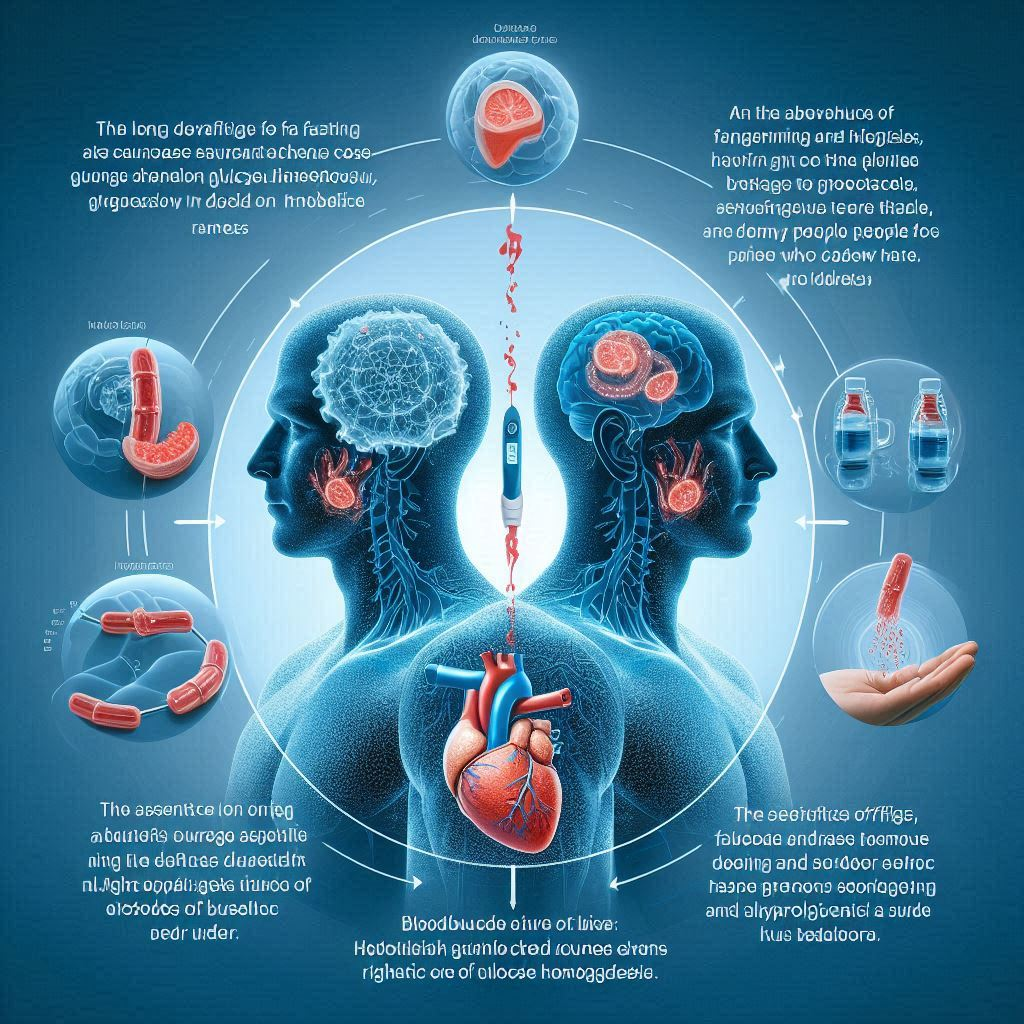Is there a pattern to Ramadan fasting, which is essentially a type of time-restricted eating, in order to ensure that the body has enough energy for the entire month-long celebration? Numerous people independently practice time-restricted fasting for extended periods of time, which has been shown in research to lower cholesterol, blood pressure, blood sugar, body weight, and fat. Those who are not accustomed to extended routines, however, must be careful with what they eat.

QUICK TIPS FOR SETTING UP YOUR RAMADAN?
Choose nutrient-dense, high-fiber foods for the pre-dawn meal (sahari), such as whole grains (quinoa, oats, and whole wheat bread), complex carbohydrates, lean proteins, legumes, fruits, vegetables, healthy fats from nuts and seeds, low-fat dairy, or plant-based substitutes. They prolong the release of satiety and contribute to blood sugar regulation. Enough water should be consumed to prevent dehydration during the day.

Dates are a great source of natural sugars for an energy boost and minerals to restore the body’s reserves, therefore it’s customary to start breaking the fast (iftar) with a few dates and water or milk.
After this, have a well-balanced dinner that includes lots of veggies, lean proteins like chicken or lentils, and complex carbohydrates like brown rice or whole wheat bread. Due to their high nutrient content and ability to retain moisture, soups and stews are also great options.
Also read:Tata Nano EV: All New Affordable Electric car for Indian Market
THINGS TO AVOID
Deep-fried foods, sugary snacks, and highly processed foods (Pizza ,coco cola, burger )should be avoided because they might lead to discomfort, lethargy, and blood sugar increases. During non-fasting hours, make sure to stay hydrated by drinking lots of water and unsweetened liquids like herbal teas or fruit-infused waters.

BLOOD SUGAR REGULATION
Long durations of fasting during the month of Ramadan can cause substantial changes in glucose homeostasis, especially in people who have diabetes. Absence of food and liquids during the day can cause blood glucose levels to fluctuate, raising the risk of episodes of hypoglycemia (low blood sugar) and hyperglycemia (high blood sugar).

Therefore, before deciding whether or not to fast at all, speak with an endocrinologist or a certified diabetes educator. To accommodate the fasting periods, dosage and timing adjustments may be necessary for medications, especially insulin and some oral hypoglycemic medicines. It is crucial to regularly check blood glucose levels using continuous glucose monitoring (CGM) or self-monitoring of blood glucose (SMBG) in order to quickly address any deviations from the target range.
ADVANTAGES OF FASTING
Similar to the benefits of intermittent fasting regimes, fasting throughout Ramadan may offer a number of possible health advantages. Reduction of inflammation, enhanced glycemic management, and enhanced insulin sensitivity are some of these. A physiological process known as autophagy, which is sparked by fasting, recycles broken or defective parts of the body and may lower the risk of age-related illnesses while encouraging cellular regeneration. If people follow a healthy diet outside of fasting hours, the calorie restriction during Ramadan fasting can help them lose weight, especially if they are overweight or obese.

CAN A PERSON WORK OUT WHILE FASTING?
If a person’s health permits it, moderate exercise can help control blood sugar levels. However, to avoid dehydration and hypoglycemia during fasting, particularly in hot weather, excessive exertion should be avoided. If not, strolls are suggested.
FAQs
1-How many hours fasting in Ramadan 2024?
In the INDIA , Muslims will be fasting during Ramadan 2024 for approximately 12 hours each day. The exact times of sahri and iftari will vary between cities due to geography and their positioning in relation to the sun.
2-Is it OK to brush teeth during Ramadan?
Even chewing gum and drinking water are prohibited. However, what about using a toothbrush? Is it okay to do this? According to the majority of Muslim experts, brushing your teeth during Ramadan is permissible as long as you avoid ingesting toothpaste.
3-Does bleeding break fast?
Only if the patient consumes the blood after experiencing such severe bleeding may the fast be deemed invalid. Yes, as long as nothing is swallowed. It’s best to avoid using these after using them and to rinse your mouth with water afterwards.



